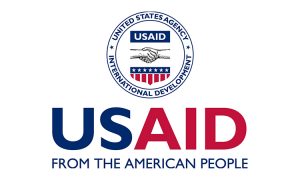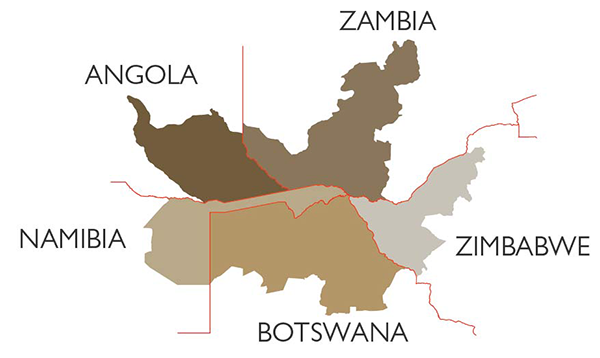When wildlife is poached, poisoned, or illegally killed it constitutes a wildlife crime. Wildlife and environmental crime accounts for billions of US dollars annually. According to Interpol (2016) it is also increasing at a rate of 5-7% annually, 2-3 times higher than the global economy. Criminals launder their money through the illegal trade of wildlife parts, fishing, timber, and minerals.
African wildlife species such as rhino, elephant, lion, pangolin, and a range of bird species are all being affected by the illegal wildlife trade. The Victoria Falls Wildlife Trust is a member of the African Wildlife Forensics Network, and work to help local wildlife authorities on the ground improve their investigations of wildlife crimes, and prosecution of criminals involved in the illegal wildlife trade.
In the laboratory we accept evidence from wildlife crime scenes for processing and analysis. This includes evidence such as: samples of suspected toxins, entire carcasses for post-mortem and subsequent histo-pathology, wildlife samples for species identification. It our goal to help wildlife authorities in providing results of causes of mortality, lethal doses, and identification of species.
In the field, the Trust work throughout the region to train wildlife authorities on wildlife crime scene investigations.
Training: Using Science to Investigate Wildlife Crime
The Victoria Falls Wildlife Trust is a partner with the Kavango Zambezi (KAZA) Secretariat in the training of rangers and investigators regionally to improve wildlife crime scene investigations. The training includes a course for first responding rangers to assess wildlife mortalities and make a determination as to potential cause of death. This initiative assists wildlife authorities by improving wildlife crime scene identification. We’re giving rangers on patrol the skills and equipment needed to be able to immediately assess and secure a potential wildlife crime scene before they call in the criminal investigations teams.
We’re giving rangers on patrol the skills and equipment needed to be able to immediately assess and secure a potential wildlife crime scene.
Malicious poisoning of wildlife has been on the rise throughout Africa. Poachers lace salt licks, water sources and even baits with poison, targeting primarily elephant and sometimes rhino. Tragically, everything that eats or drinks from the poisoned source will also be affected from secondary poisoning or relay toxicity. Death by poisoning mimics some of the wildlife diseases we see in Africa, so it’s imperative we know what we’re dealing with. An elephant that has died from disease is considered natural causes, but an elephant that has been poisoned constitutes a crime scene. Evidence needs to be preserved, samples need to be collected. Our training courses help rangers react and respond effectively to maximize the chance for a successful conviction.
The training also includes a course for wildlife crime scene investigations units on new technologies available to improve processing techniques at the scene of crime.
 The First Responder training courses are made possible by the generous support of the American people through the United States Agency for International Development (USAID).
The First Responder training courses are made possible by the generous support of the American people through the United States Agency for International Development (USAID).

The Kavango-Zambezi (KAZA) Transfrontier Conservation Area. Map from: www.kavangozambezi.org




